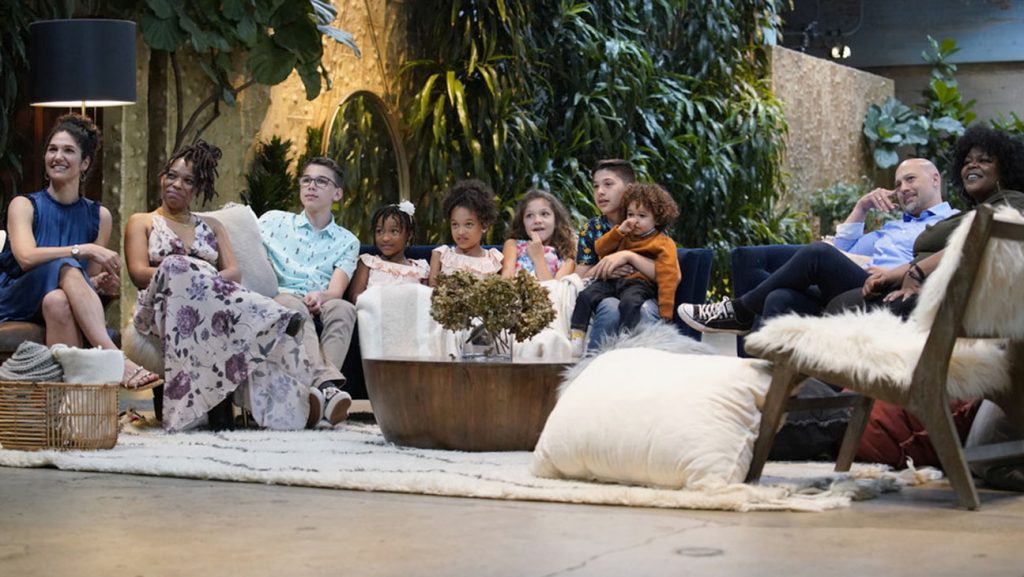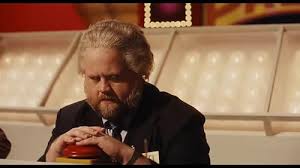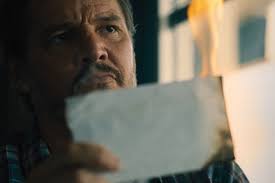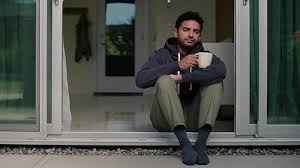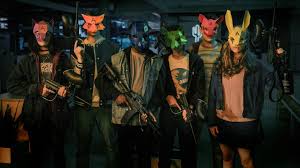Home Sweet Home Review 2021 Tv Show Series Cast Crew Online
“I hope that all of us come out of this with all of our unconscious bias removed,” Nick Vasiliou says in voiceover on the first episode of Home Sweet Home. It’s an impossible order for a reality TV “social experiment” to fulfill for him and the others participating in it, let alone for those simply watching at home, and to suggest otherwise seems naive. But his comment does speak to a wholesomeness at the core of the endeavor. While Home Sweet Home can’t quite manage to fix all the prejudices and misunderstandings that ail modern society, it’s at least an agreeable reminder that it doesn’t hurt to try.
Produced by Ava DuVernay’s Array, the series is cut more or less from the Wife Swap mold. Two families switch lives for several days — not only moving into each other’s homes but living by each other’s rules, hanging out with each other’s friends and family, cooking each other’s recipes and participating in each other’s hobbies and traditions — before meeting at the end to discuss the experience over an extravagant meal of all their favorite foods. But where other shows might emphasize difference, mixing and matching radically incompatible lifestyles to play up the conflict that ensues, Home Sweet Home sees its purpose as bridging the gaps between people from different walks of life.
The families make a point of playing along. In the premiere episode sent to critics, both the Wixx family (a Black household consisting of moms Yndia and Ania, 9-year-old twins Soleil and Sanaiya and 2-year-old Zyaire) and the Vasiliou family (a Greek clan comprising dad Nick, mom Maria, 15-year-old Demetri, 12-year-old Luke, 10-year old Leo and 9-year-old Katina) try their game best to fit into each other’s lifestyles. Their success varies from one situation to the next: The Vasilious, who describe themselves as a “proud Greek Orthodox family,” struggle to contain their giggles as they try to replicate the Wixxes’ meditation-and-crystals morning routine.
Even in moments like those, however — which on another reality show might have been framed as mean-spirited — Home Sweet Home stays firmly on the side of nice. Nick’s line about unconscious bias comes as a capper to this very scene, which frames it as a teachable moment. There are lots of those, and some of them even dip a toe into harder topics. A picnic with Yndia’s father, for instance, turns into a spontaneous lesson for the Vasiliou kids on the concept of redlining, while a dinner with some Wixx family friends leads Nick to some soul-searching once he realizes that plenty of families do just fine without a dad.
Predictably, both families come away from the experience swearing they’ve learned a lot, and that these days will stay with them for the rest of their lives. It’s a lovely thought, if not a wholly convincing one; the cynic in me can’t help pointing out that a few days and a few planned activities amount to little more than a family vacation at an Airbnb. And while the kids’ experiences take a backseat to their parents’ in the narrative of the show, they do serve as a reliable source of adorable good feeling. Even my stone heart couldn’t help but melt a little when Katina squeals to Soleil and Sanaiya that it’s like they were friends before they ever even met.
But there’s an asymmetry in the families’ experiences that Home Sweet Home is shrewd enough to acknowledge, yet not quite tough enough to dig into. It’s telling that the lessons the Vasilious learn have to do with understanding what life might be like for a Black, queer family, while the lessons the Wixxes learn are more internally directed — they don’t need to be taught what a white, heterosexual family might look like. Likewise, only one family is heard expressing fears of judgment or disrespect from the other’s relatives; the other, Home Sweet Home lets us presume, feels secure in the knowledge that the worst thing they might encounter is a bit of stilted conversation.
Not that there ever seems to be much risk of anything truly terrible happening on Home Sweet Home. Based on the first episode, the series seems premised on the sunny assumption that everyone on it means well, and even the clueless or misguided are trying their best. It may not be built for spikier conversations, and that’s OK. The show offers the milder pleasure of seeing how other people live and tries to transform it into a greater sense of goodwill toward others. It’s an earnest attempt to actualize that old maxim about walking a mile in someone else’s shoes — and if it doesn’t go quite as far as it could, the steps it does take feel like ones toward a more welcoming world.
